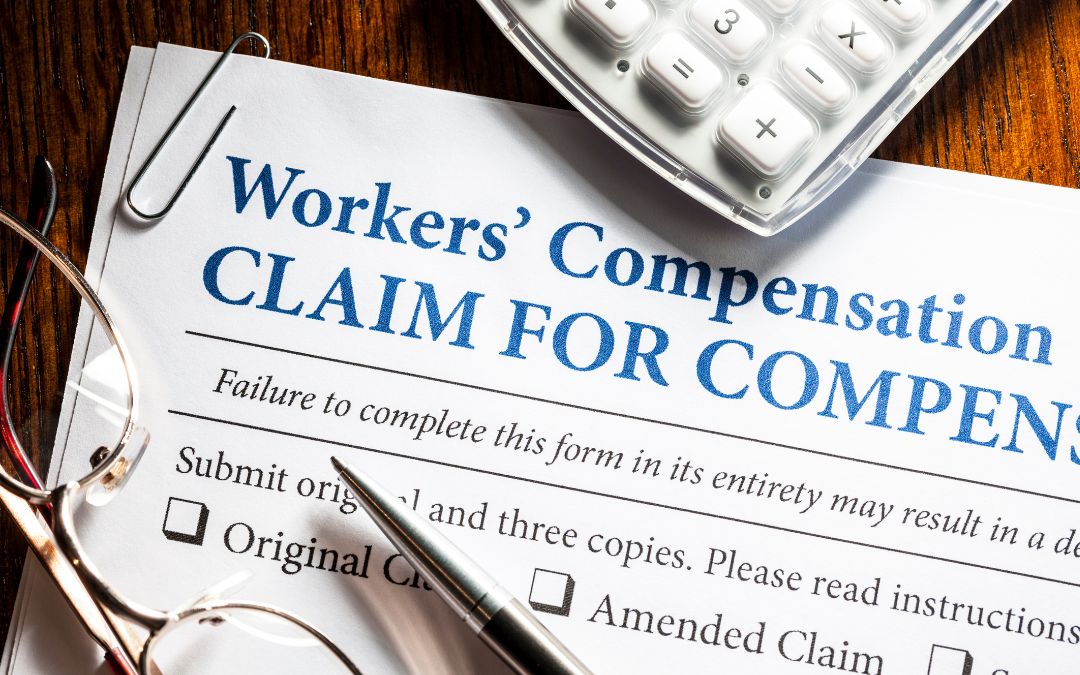Workers’ compensation is a crucial system designed to provide financial and medical benefits to employees who suffer work-related injuries or illnesses. This state-mandated insurance program ensures that workers receive necessary treatment and wage replacement, while also protecting employers from lawsuits related to workplace injuries. Understanding the process of filing a workers’ compensation claim is essential for both employees and employers to ensure fair and timely benefits. Here’s an overview of the system and process from Girdwood & Williams PLLC.
What is Workers’ Compensation?
Workers’ compensation is a no-fault insurance system that covers employees who experience injuries or illnesses as a direct result of their job duties. The program provides financial assistance for medical expenses, lost wages, and rehabilitation. In return, employees typically forfeit their right to sue their employer for workplace-related injuries, creating a streamlined process that benefits both parties.
Types of Benefits Provided
Workers’ compensation includes several key benefits. Medical benefits cover all necessary treatment related to a work-related injury, including doctor visits, hospital care, surgeries, medication, and physical therapy. Employees who are unable to work temporarily due to their injury may receive temporary total disability benefits, while those who can work in a limited capacity may qualify for temporary partial disability benefits. In cases where an injury results in a permanent impairment, permanent total disability or permanent partial disability benefits may apply.
For employees who cannot return to their previous position, vocational rehabilitation programs help with job retraining and education. Additionally, if a work-related injury leads to death, dependents of the deceased employee may receive death benefits, which provide financial assistance for funeral costs and ongoing support.
The Workers’ Compensation Claim Process
The process begins with the employee reporting the injury to their employer as soon as possible. Delays in reporting can result in claim denial, making prompt notification essential. After reporting the injury, the employee should seek medical treatment. Depending on state regulations, the employee may be required to visit an employer-approved healthcare provider.
The next step involves completing and submitting the necessary workers’ compensation forms, which the employer then forwards to the insurance carrier and, in some cases, the North Carolina Industrial Commission. Once the claim is submitted, the insurance company reviews the case, which may involve requesting additional medical evaluations. If the claim is approved, benefits are issued according to the severity and impact of the injury. If denied, the employee has the right to appeal the decision.
Common Reasons for Claim Denials
There are several reasons why a workers’ compensation claim may be denied. Failing to report the injury within the required timeframe can lead to rejection. If the employer or insurer disputes whether the injury occurred at work, this can also result in a denial. Insufficient medical documentation is another common issue, as the employee must provide clear evidence that the injury is work-related. Additionally, injuries sustained due to misconduct, such as intoxication or horseplay, may not be covered under workers’ compensation laws.
Appealing a Denied Claim
If a claim is denied, the employee has the right to appeal. The first step is to file an appeal with the North Carolina Industrial Commission within the designated time frame. Many cases are resolved through mediation or settlement conferences, where both parties attempt to reach an agreement. If mediation is unsuccessful, a formal administrative hearing may be scheduled, during which a commissioner reviews evidence and issues a decision. If the employee disagrees with the commissioner’s ruling, they may pursue further appeals through higher courts.
Employer Responsibilities in Workers’ Compensation
Employers have a legal obligation to comply with workers’ compensation laws. In most states, employers must carry workers’ compensation insurance or be approved for self-insurance. Additionally, they are responsible for maintaining a safe work environment by implementing proper safety protocols and training programs. Employers must also post workers’ compensation notices in visible areas to inform employees of their rights. When an injury occurs, employers are required to report it to their insurance provider.
Employee Rights and Responsibilities
Employees have specific rights under workers’ compensation laws. They are entitled to receive necessary medical treatment for work-related injuries and illnesses. In cases where an injury leads to lost wages, employees have the right to receive compensation based on their level of disability. Once they recover, employees can return to work, and their employer must make reasonable accommodations if needed.
In addition to their rights, employees have responsibilities that ensure their claim is processed smoothly. They must report workplace injuries promptly, follow prescribed medical treatment plans, and accurately complete all required paperwork. Failure to meet these responsibilities could lead to claim delays or denials.
Third-Party Liability Claims
In some situations, a third party—someone other than the employer or a co-worker—may be responsible for an employee’s injury. For example, if an employee is injured due to defective equipment, they may have the right to file a separate claim against the manufacturer. In these cases, the injured worker can seek compensation beyond what is provided by workers’ compensation insurance, including pain and suffering damages.
Get Legal Guidance for Your Claim
Workers’ compensation is a complex yet essential system that provides financial protection to employees while shielding employers from litigation. Understanding the claim process, potential challenges, and available benefits ensures that injured employees receive the care and compensation they deserve. If you experience challenges with your claim in Wilmington, NC, Girdwood & Williams PLLC can help. We can guide you through the process so you are able to receive the workers’ compensation benefits you deserve. Contact us online or call us at (910) 343-9920 for a free consultation.

